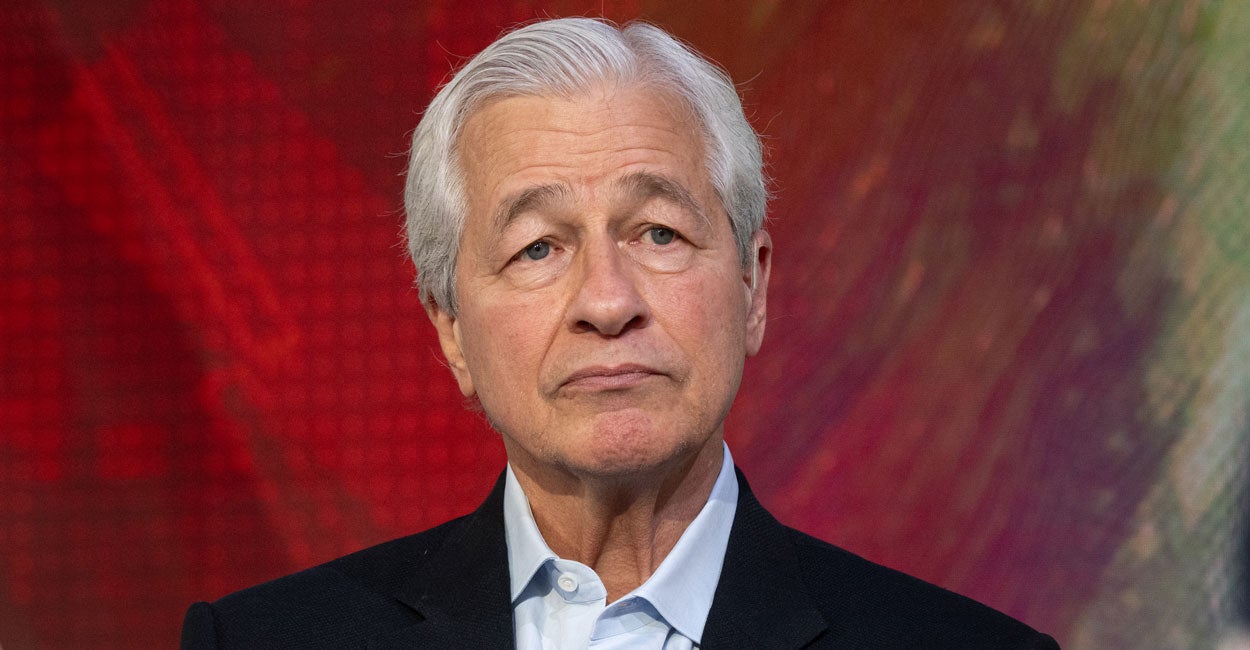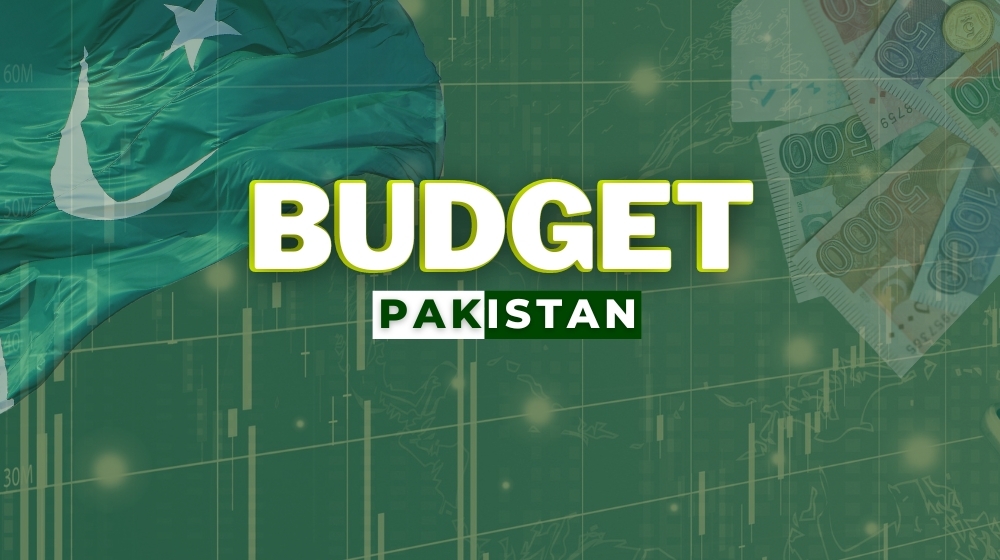Political Debanking: Is Your Bank Taking Sides in the Culture War?

The financial landscape is shifting, and a concerning trend is emerging: political debanking. This refers to banks and financial institutions potentially denying services or imposing unfavorable terms on individuals or businesses based on their political beliefs or affiliations. It’s the latest battleground in a growing debate about the weaponization of finance – the use of financial power to advance a specific ideological agenda.
What is Political Debanking?
Traditionally, banks have been expected to provide services to all legal customers, regardless of their personal views. However, recent reports and anecdotal evidence suggest that some institutions might be exhibiting bias, particularly against those associated with conservative or right-leaning viewpoints. This can manifest in various ways, including:
- Account Closures: Unexpected closure of accounts without clear justification.
- Loan Denials: Refusal to grant loans or lines of credit.
- Restricted Services: Limiting access to certain banking services, like payment processing.
- Higher Fees: Imposing disproportionately high fees.
The core concern isn’t simply about isolated incidents. It's about the potential for the financial system to be used as a tool to silence dissent or punish those who hold unpopular opinions. This raises serious questions about freedom of expression, economic liberty, and the impartiality of financial institutions. Advocates argue that such actions constitute a form of ideological censorship, effectively penalizing individuals for their beliefs.
Why is This Happening?
Several factors could be contributing to this trend. Increased scrutiny of financial institutions regarding Environmental, Social, and Governance (ESG) factors, pressure from activist groups, and internal organizational biases are all potential drivers. Some banks may be attempting to align their business practices with perceived social trends or avoid reputational damage by distancing themselves from controversial individuals or organizations.
The Legal and Regulatory Landscape
The legal framework surrounding debanking is still evolving. While there isn’t a specific law explicitly prohibiting political debanking, existing laws concerning discrimination and fair access to financial services may offer some recourse. Several states are considering legislation to protect individuals from being penalized for their political beliefs. Federal regulators, like the Office of the Comptroller of the Currency (OCC), are also paying close attention to this issue and exploring potential regulatory responses.
The Impact on Individuals and Businesses
The consequences of political debanking can be devastating. Individuals may find themselves unable to access basic financial services, while businesses could face crippling disruptions to their operations. Small businesses, in particular, are vulnerable as they often rely on banks for essential funding and payment processing. This can stifle economic growth and innovation.
What Can Be Done?
- Increased Transparency: Banks should be required to provide clear and transparent explanations for account closures or service restrictions.
- Regulatory Oversight: Stronger regulatory oversight is needed to prevent political bias in financial decision-making.
- Legislative Action: States and the federal government should consider legislation to protect individuals and businesses from political debanking.
- Consumer Awareness: Raising awareness among consumers about their rights and options.
Conclusion
Political debanking is a serious threat to economic freedom and the principles of a free and open society. It’s crucial to address this issue proactively to ensure that financial institutions remain neutral arbiters and that individuals are not penalized for their beliefs. The debate over the weaponization of finance is far from over, and the fight against political debanking represents a vital defense of individual liberty and a fair financial system.






